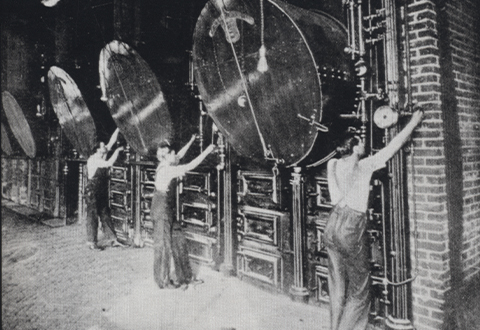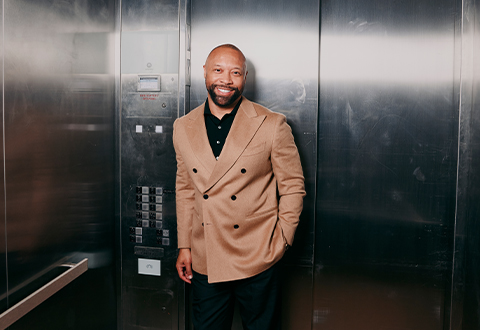What Does the Future Have in Store for Me?
By: Kelley Freund, Illustrations by: Matt Chinsworth | Categories: Featured Stories
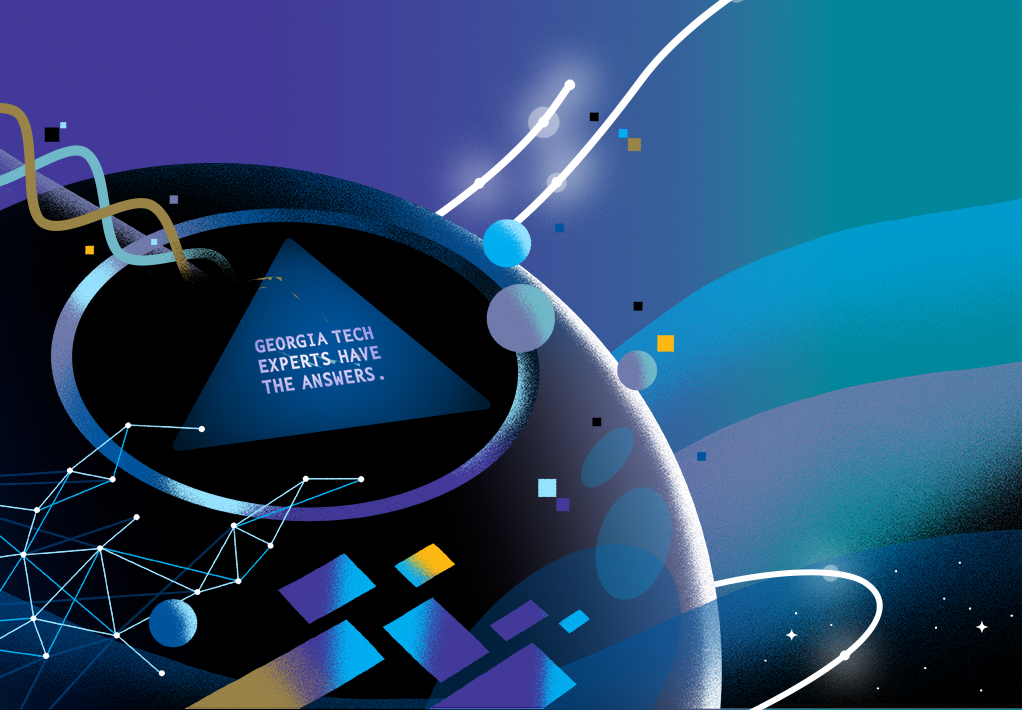
Just two decades into the 21st century, we’ve seen our world evolve in ways our past selves may not have predicted. Facebook, YouTube, Twitter (now X), and Instagram—all launched in the 2000s—have helped us make global connections but have also led to depression and contributed to the spread of misinformation.
Some of us got a personal assistant called Siri. The hottest decade on record was 2010–2019 and led to the U.S.’s most ambitious investment in combating climate change. And we experienced a global pandemic, which led to virtual workspaces and a desire for a healthier work-life balance.
It makes you wonder: What comes next? Will we have a four-day workweek? Will I have a robot co-worker? Will all this technology hinder my well-being? Do we still have time to reverse climate change?
As a kid, you may have looked to a not-so-technical device to predict your future: the Magic 8 Ball. This all knowing sphere told us whether we would pass the big math test or if our crush liked us back. Here we have Georgia Tech’s own version of the classic kid’s toy: a panel of faculty, staff, and alumni, experts in a range of areas, who will answer our now more complicated questions and tell us what they think our world will look like in the next 20 years and beyond.
Check out our experts' answers to each question below!
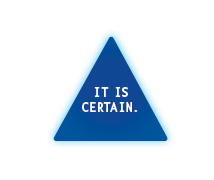 Will tiny robots repair my body in surgery?
Will tiny robots repair my body in surgery?
Danfei Xu: assistant professor,
School of Interactive Computing;
part-time research scientist at NVIDIA AI
We have quite capable surgical robots right now, like the da Vinci Surgical System, that have been used all over the world to complete minimally invasive surgeries. So we’re already doing that, just with human help—there’s always been a human operating it. But I think it will be automated someday. In order to make these robots fully automated, there’s a few things that need to happen. There’s the dexterity part: how do we get a robot to complete the procedure with precision? And there’s the safety part: how do we guarantee that the robot continues to make progress in the surgery instead of freaking out and getting stuck somewhere? We need to find some way to guarantee their success. The simple answer is we have all the hardware for autonomous surgeries, but we don’t have all the software yet.
What we need to consider with robotics in general is safeguards. We have lots of regulations and rules for cars. But it’s really difficult to put those around AI-enabled robots, and no one knows how to do that yet. It’s a very challenging issue, but it needs to be solved as soon as possible.
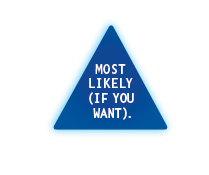 Will I have a robot to cook my meals?
Will I have a robot to cook my meals?
Danfei Xu: assistant professor,
School of Interactive Computing;
part-time research scientist at NVIDIA AI
Things like opening doors, cooking a dish, and making coffee come naturally to humans. But robots don’t have any of that prior knowledge. How can we use AI to give them this knowledge and make them better understand physical interactions? We have robots that work in factories and do the same procedures over and over, but we don’t have anything for everyday tasks that humans do that require some dexterity. But if we can make a robot do the things humans can do, this will open up broader automation in places like homes and hospitals.
Cooking a meal is a difficult problem. While cooking, we have to apply reason to a lot of different things and handle food in a variety of physical states. Cutting an object into pieces is actually a very complex concept. But if we want, we can just program a robot for a certain procedure. We can do that now, but there’s not a big enough demand in the personal space. But in bigger kitchens, people are already using that. And if you think about it, an oven is a robot.
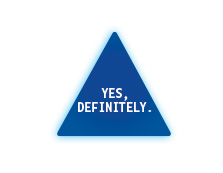 Will Atlanta be a top city for technology companies?
Will Atlanta be a top city for technology companies?
Donald Beamer, Econ 05: The City
of Atlanta’s first-ever senior tech advisor
Atlanta’s current mayor, Andre Dickens, is also a Georgia Tech grad, and they call him the “Tech Mayor” for his understanding of the importance of technology to the citizen experience in making sure the government is efficient and effective.
In 2017, in partnership with Georgia Tech, the city created the North Avenue Smart Corridor, with smart traffic signals and interesting new approaches to traffic and mobility. It was impactful, but for some reason they discontinued it. We want to bring that back. One of the challenges here in Atlanta is traffic, and that’s a place where we want to start to improve the citizen experience through technology. This also ties into the 2026 World Cup. It will be the first time in a long time that the world has descended upon Atlanta, and we need to start preparing for this influx of people.
But the major goal of ours is to be a top-five tech hub. An important distinction for how we want to approach this is that we want it to be built equitably so all people from Atlanta are able to participate in the prosperity that comes from this tech sector. I feel like many cities have not been thoughtful about that point and people get left behind. So we want to create an inclusive entrepreneurial ecosystem where any Atlanta resident has access to both the resources and the pathways to pursue a business venture or create new technology.
In doing this, we’re thinking a lot about Atlanta Public Schools. What are the ways we can build tech awareness for young people, and then provide them with the skills, tools, and connections to get in that space? We’re currently using esports as a pathway, putting esports labs in our parks and recreation centers. In addition to gaming, we’ll also do some exposure to all the careers that are in gaming development, such as design and production.
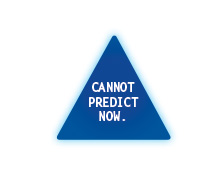 Will people be happier in the future than they are today?
Will people be happier in the future than they are today?
Luoluo Hong: vice president for
Student Engagement and Well-Being
Gallup has been doing research for quite some time on global emotions and well-being. For the past few years, the trend has been that negative emotions have risen and positive emotions have declined. This past year, the global rise in unhappiness stalled, with negative emotions remaining at the record high set in 2021. Based on these trends, it’s not really clear, and I would need to see next year’s data.
Well-being is going to be different for each person. There is a lot of talk about well-being programs, almost implying that there’s a one-size-fits-all solution. But the reality is well-being is oftentimes a self-reported state. It’s my perception that I experience a sense of happiness, satisfaction, and fulfillment. There may be the presence of what we call negative emotions, like anger, fear, and sadness, but they don’t become disruptive. For different people, different conditions and contexts lead to a sense of well-being.
Before I arrived at Georgia Tech in August 2021, the Institute’s focus was on getting students help. But if a student is already in a state of stress or crisis, that’s further down the continuum than I think we want for them. So now a focus on prevention and self-agency are an important part of our efforts. And we’ve introduced the wellness model, which has eight dimensions: emotional, financial, social, spiritual, occupational, physical, intellectual, and environmental. These are interdependent, and to improve well-being, we have to work on all eight.
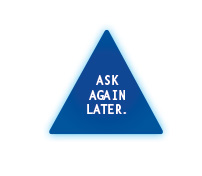 Will AI or a robot win a Grammy Award?
Will AI or a robot win a Grammy Award?
Gil Weinberg: professor, founding director of the Georgia Tech Center for Music Technology
Even for humans, it’s very difficult to win a Grammy. We create so much music; some of it is very bad, some of it is less bad, some is good, and only one will win. Currently, AI is generating bad music. We have all the music in the world to train it, and we try to use the good music, but it’s very difficult. People have been trying to predict for many years what will be a hit, but there’s a je ne sais quoi about music. What can be a hit in 2020 might not be a hit in 2023. Music is also about the artist, and how they walk and talk. In our Robotic Musicianship group at Tech, we develop robots with unique gestures and voices that can give a robot a personal character that humans can connect with emotionally.
But the reason I didn’t say no to this question is because with AI and the rule of big numbers, maybe it can happen. If we can generate billions and trillions of pieces of music, maybe one of them will surface at just the right time and become something people like.
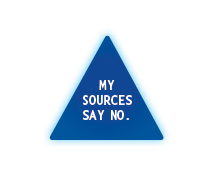 Will bots take over social media?
Will bots take over social media?
Sybrina Atwaters, EE 94, MS HSTS 09, PHD HSTS 14: director, OMED Educational Services, interdisciplinary sociologist
They say no because bots need the everyday user to function. This technology seems like a new phenomenon, but it’s not. It’s in search engines. It’s in word processing with autocorrect. Bots started with those automated phone calls and now have become a computerized, AI way of mimicking our social behaviors. They collect data, and the data we give them is how these platforms work. Facebook only works if people are out there interacting. YouTube only works if the user provides content. They are literally designed to be user-centered. That’s why they give you the programs for free—because you’re doing the work for them. Bots just take advantage of that information and data. We all click it. We see that privacy notice, but we don’t pay any attention to it. And we also know there’s very few ways for us to operate effectively without entering into these spaces.
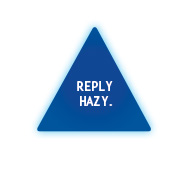 Will I be able to tell what’s fake on social media?
Will I be able to tell what’s fake on social media?
Sybrina Atwaters, EE 94, MS HSTS 09, PHD HSTS 14: director, OMED Educational Services, interdisciplinary sociologist
It will become increasingly difficult as the bots become smarter. But I’ll add another question to this: What do we call fake? The distinction between fake and real is very nuanced for me. In the digitized space, everything is a digitized version of a human. Even a photo you say is real, you know you changed the lighting and the angles. There’s no non-digitized version of any of us out there, and yet, I would argue they’re all very real. A bot does what a human does and that’s taking content, images, and words to create a narrative and engagement. To me that’s very real.
This technology has been here for a while, and the fact that now everyday users are engaging with it should not promote fear. Sometimes when we are afraid of what we feel we don’t know, we want to encapsulate, ignore, or block it out. But instead, it should cause us to be aware, conscious, and more technologically literate. That will make us implement behaviors that allow technology to be safe, social, and equitable.
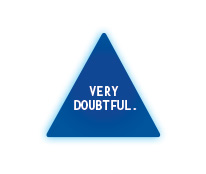 Will my office adopt a four-day workweek?
Will my office adopt a four-day workweek?
Clarence Anthony Jr: workforce development manager for the Partnership for Inclusive Innovation and current Georgia Tech MBA student
The pandemic was kind of an existential crisis. It gave a lot of us time to sit still and think about what we were doing, whether that was meaningful to us, and how we could live a more balanced life. I think the pandemic caused a shift in how people worked, which would not have happened organically.
But when it comes to a four-day workweek, I think it must be less about what I like to call “the warm and fuzzies.” It can’t be about “How does this make people feel?” but about “Does this make sense analytically?” Unless there is some information that shows people can be just as productive with four days of work as with five, then I would say a four-day workweek is very unlikely.
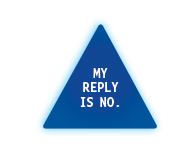 Will artificial intelligence take my job?
Will artificial intelligence take my job?
Clarence Anthony Jr: workforce development manager for the Partnership for Inclusive Innovation and current Georgia Tech MBA student
For anyone who takes the opportunity to expose themselves to generative AI, they will see that it can only go as far as human prompts can take it. But it does enhance people’s ability to be productive. If I’m trying to develop panel questions for an event or planning an agenda, and I just don’t have the 30 minutes to think out what I want, I can provide a program with some prompts and within five minutes I have something. But I have to retool what is put out. So there are limits, and it does require human intervention.
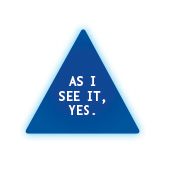 Will technology be more of a hindrance to my well-being than a help?
Will technology be more of a hindrance to my well-being than a help?
Luoluo Hong: vice president for Student Engagement and Well-Being
In some ways, technology can be a facilitator of well-being, but I see it much more as a detractor, and I think that’s going to be the case even more so in the future. I hope Georgia Tech, as a STEM institution, can help tackle this issue.
Social media is a pathway for building connections and community, but it has to be used purposefully and mindfully to leverage that. I worry about the negative, detrimental aspects. There’s quite a bit of research that shows teenagers who spend more time on social media experience higher levels of mental health issues. Also, with all the global conflicts and violence happening around the world, we have communities experiencing vicarious trauma. We’re not directly involved in these events, but we are bombarded with images of it through social media. As technology in this area has risen, I don’t think we’ve kept pace with thinking about the effects it would have on us in this way.
But there’s almost this FOMO (Fear of Missing Out) of not being on social media. So how do we balance that? Each person is going to have to answer that for themselves, and there are some personal choices that have to be made.
Another concern I have is the pace of life. Think about technological advances like the washing machine. These were designed to create more time for leisure, but what’s happened is they’ve just created more time for us to work. In the U.S., this is a particular challenge. We are wired to celebrate achievement, and the volume of our “human doingness” has become more important than the quality of our engagement. I think that’s another trend that will continue to be problematic.
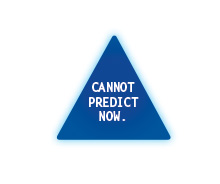 Do we still have time to reverse climate change?
Do we still have time to reverse climate change?
Marilyn Brown: Regents’ and Brook Byers Professor of Sustainable Systems in the School of Public Policy
While better technologies would be helpful, no scientific miracles are needed. We just need the political and societal will to get the job done, like we had when the National Highway System was built. We will need to capture CO2 and store it. We know how to do it, but at a time when we also have wars and poverty and other priorities, I’m not sure how quickly this will happen.
While we’re not going to be able to get back to where we used to be before the industrial revolution, we’re not doomed. We can moderate the amount of CO2 and harden society and our infrastructure—raising bridges, planting mangroves, and burying our electric grid. At the moment, we have the largest single investment in cleantech ever made in the United States, with the Inflation Reduction Act, the Bipartisan Infrastructure Bill, and CHIPs. Each of those has programs to support climate smart choices. However, we haven’t seen an outpouring of standards or requirements to ensure goals are met, so I’m hoping to see more of that in the future.
The choices we make in our everyday lives can drive change as well. It used to be that we blamed everything on the producer of the goods. We’re turning that around to focus on the power of the consumer. With all the gadgets we have, we can know what we’re buying and the consequences...a very powerful shift.
The Institute is leading by example with a climate action plan and courses and curricula, such as the GT energy minor, the Master of Stable Energy and Environmental Management in the School of Public Policy, and new offerings in Industrial Systems and Engineering and Earth and Atmospheric Sciences. There’s an explosion of opportunities for students to study this field and go on to make a difference.
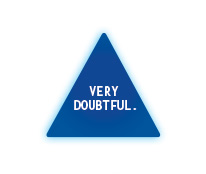 Will people go see a band of robots in concert, just like they now go to see their favorite band of humans?
Will people go see a band of robots in concert, just like they now go to see their favorite band of humans?
Gil Weinberg: professor, founding director of the Georgia Tech Center for Music Technology
Very doubtful for just robots. But robots and humans, yes. Humans have emotion and expression that is uniquely human. But a machine thinks about music differently and plays music differently. At the Georgia Tech Center for Music Technology, we are trying to invent the next generation of music technologies that would revolutionize how we make music and how we consume it. In my robotics musicianship group, we develop robots that can understand music and then use algorithms to improvise and generate new ideas. Ultimately, the robots listen to music like humans, but they play like a machine, which means that they can play like no human can. For example, one of our robots has eight arms to play the marimba, and each can play much faster than a human. So with humans and robots on stage together, there can be a spark that builds on great things from both. Humans bring emotion and expression, robots bring some unique algorithms and some abilities humans don’t have. And together there can be a spark that will make someone want to go see those kinds of performances.

